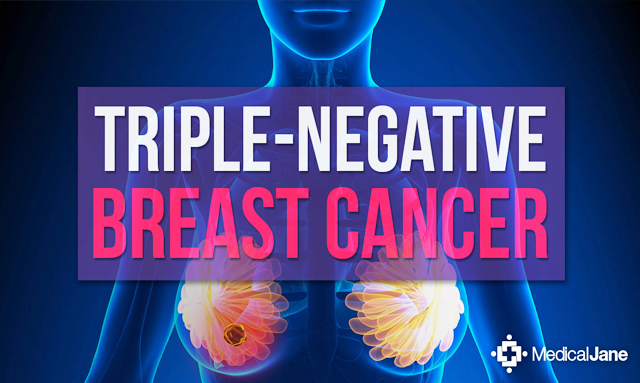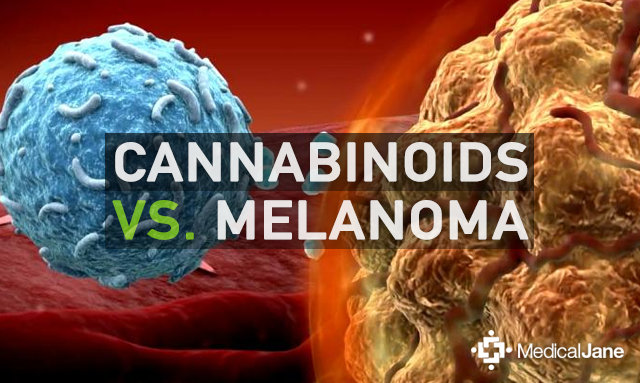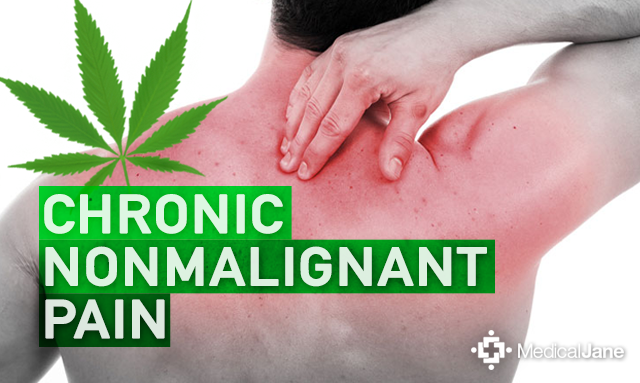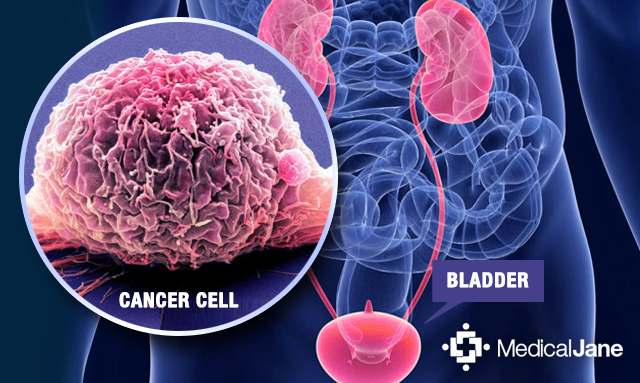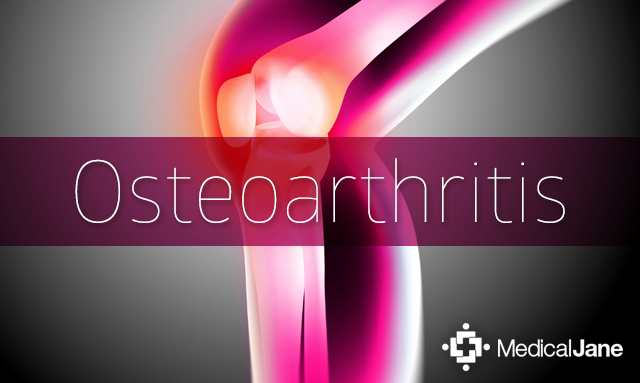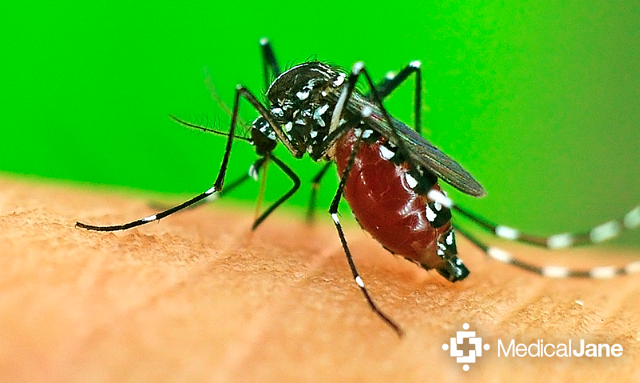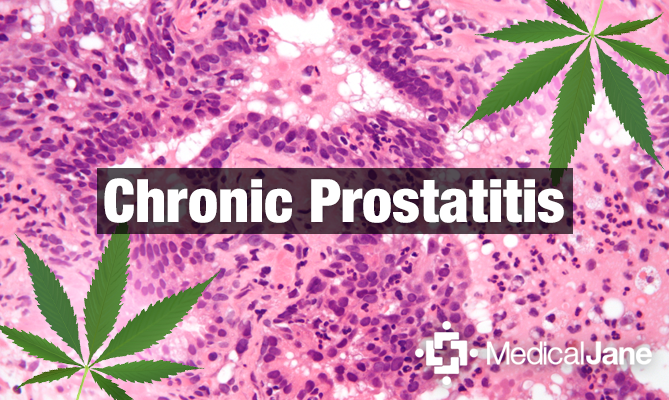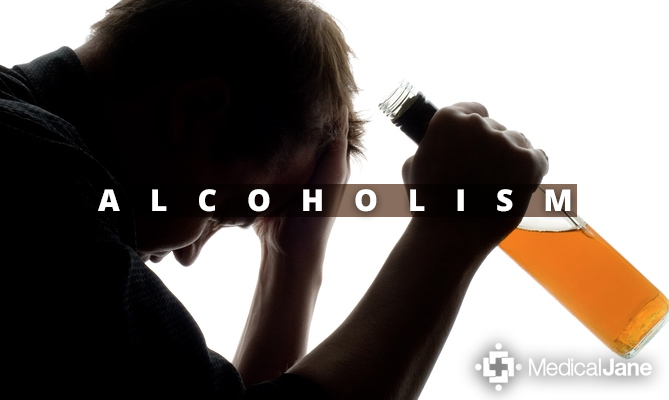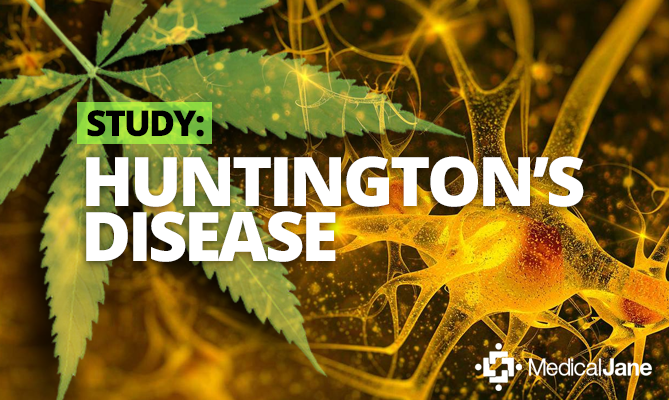Browsing Ailment Research
ShareTweet
Studies Show Cannabinoids May Help Fight Triple-Negative Breast Cancer
In the United States alone, breast cancer affects hundreds of thousands of women and many men every year. Some non-invasive forms of the disease are relatively treatable, but many types are far more aggressive. What is Triple-Negative Breast Cancer? Triple-negative breast cancer (TNBC) is particularly challenging. Most breast cancers are largely drivenby hormone epidermal growth factor receptor 2 (HER-2), estrogen receptors, and/or progesterone receptors. Since TNBC cells do not express these receptors, there are less ways to fight them. Thankfully, at least some cell lines express cannabinoid receptors, making cannabinoids one of the only potential targeted treatments for TNBC. A …
Study: Cannabinoids Found in Cannabis May Decrease the Viability of Melanoma Cells
Phytocannabinoids in the Treatment of Melanoma An in-vitro and in-vivo study published in the Journal of Investigative Dermatology in February 2015 found that treatment with delta-9-tetrahydrocannabinol (THC) and cannabidiol (CBD) helped to decrease the viability of melanoma cells. Cells perform autophagy, a process designed to clean out intracellular debris (e.g. old cell parts [organelles], proteins that are no longer needed, etc.) with the help of lysosomes (organelles that contain enzymes that help to break down proteins, fats, sugars, …
Systematic Review: Cannabinoids in the Management of Chronic Nonmalignant Neuropathic Pain
What is Chronic Nonmalignant Neuropathic Pain? Chronic nonmalignant pain is pain defined as an “unpleasant sensory and emotional experience associated with actual or potential tissue damage” lasting either (1) 3 months or longer or (2) longer than expected given a certain injury. It can result from trauma, a disease process, or an unknown cause.By adding the word “neuropathic” to the disorder name, the definition includes that the cause of pain is a direct result of damage or compression of a nerve. In contrast to “nonmalignant” pain, chronic malignant pain is associated with a severe/worsening …
Whole-Plant Cannabis Use Associated with Decreased Likelihood of Developing Bladder Cancer
A survey/chart study published in The Journal of Urology in February 2015 found that whole-plant cannabis use is associated with a decreased likelihood of developing bladder cancer. What is Bladder Cancer? Bladder cancer is caused by an overproliferation of abnormal cells of the bladder (an organ in the body that collects urine). Tumors can press on or block surrounding structures or spaces, causing dysfunction in normal body processes, and in later stages, cancerous cells can metastasize (i.e. invade distant organs), potentially causing extensive damage and, if uncontrolled, death. Nine out of ten individuals who …
Study: Cannabinoid Use in the Treatment of Osteoarthritis Pain
What is Osteoarthritis? Arthritis is the inflammation and swelling of joints, the area where bones connect, which provide support to the body and assist in maintaining mobility. Osteoarthritis is the most common type of arthritis and is caused by “wear and tear,” or long-term use (the other type of arthritis, rheumatoid arthritis, is caused by an overactive immune response in the body). In some cases, it may have a genetic basis. This long-term use results in destruction of hyaline cartilage, a firm connective tissue found in joints that prevents bones from …
Cannabidiol (CBD) in the Treatment of Cerebral Malaria
What is Cerebral Malaria? Malaria is a disease transmitted to humans by Anopheles mosquitoes carrying parasites (genus Plasmodium), which infect the human host and travel through the blood stream in red blood cells. If a person with malaria is stung by a mosquito that is not carrying parasites, that mosquito can then carry the parasite-filled red blood cells to another human host, who may then also become infected. Once infected, individuals with malaria may develop the following symptoms that will arise in a cyclical nature …
Endocannabinoids in the Treatment of Prostate Cancer
An in-vitro study (i.e., outside of the body, e.g., studying individual cells under a microscope) published in Oncology Reports in January 2015 found that stimulation of cannabinoid receptors helped to stimulate apoptosis (i.e., programmed cell death) in prostate cancer cells. What is Prostate Cancer? Prostate cancer is caused by an overproliferation of abnormal cells of the prostate (a gland in the male body that secretes fluids that aid in reproduction). Tumors can press on or block surrounding structures or spaces, causing dysfunction in normal body processes, and in later stages cancerous cells can metastasize …
Survey Study: Cannabis Use for Chronic Pelvic Pain Syndrome in Males
What is Chronic Prostatitis? Chronic prostatitis is caused by inflammation of the prostate (a gland in a male’s body that releases fluids which aid in achieving sexual reproduction), which leads to long-lasting, lost-term pain in the pelvic region (e.g. around the penis, anus, lower abdomen, and lower back). There are two types, including: chronic prostatitis/chronic pelvic pain syndrome (also known as chronic nonbacterial prostatitis): non-infective; more common (9/10 males with chronic prostatitis) chronic bacterial prostatitis: infective; less common (1/10 males with chronic …
Cannabinoid Therapies for the Treatment of Alcohol Dependence
Alcohol Abuse, Dependence, Tolerance, and Withdrawal Alcohol dependence (i.e. alcoholism) may result from alcohol abuse (i.e. use of alcohol in a way that negatively impacts one’s actions/life), and is characterized by a feeling that one needs to consume alcohol in order to function normally, with a decreased ability to stop drinking even if the desire to do so exists. Those with alcohol dependence develop tolerance to alcohol, meaning that they need to consume more and more over time in order to feel the same effect they experienced the first time they drank. If alcohol …
Study: Cannabinoids May Prevent Movement Impairment Associated with Huntington’s Disease
An Introduction to Huntington’s Disease Huntington’s disease is a severely debilitating neurodegenerative disease caused by a genetic mutation. Although the exact mechanism is not fully known, the development of this mutated protein seems to lead to destruction of neurons in the basal ganglia, a part of the brain involved in movement regulation, and other areas. Patients with Huntington’s disease tend to experience significant dysfunction in movement, thought processing, and normal psychiatric functioning. Symptoms ordinarily begin in the 30s-40s, and patients usually pass away within 10 to 20 …
